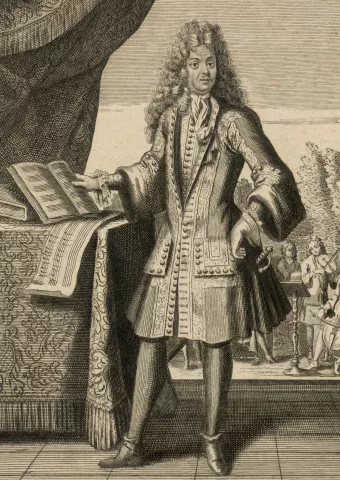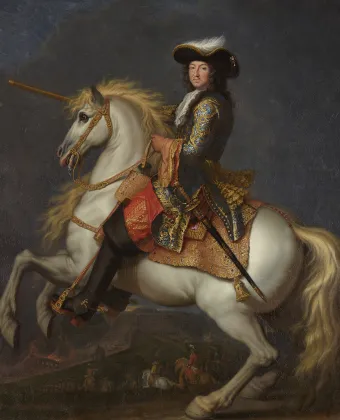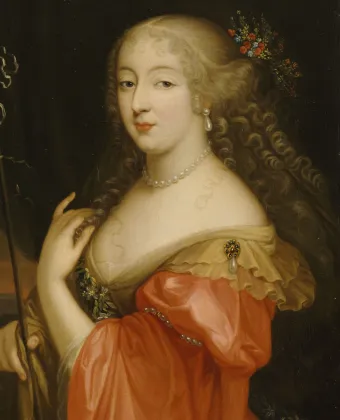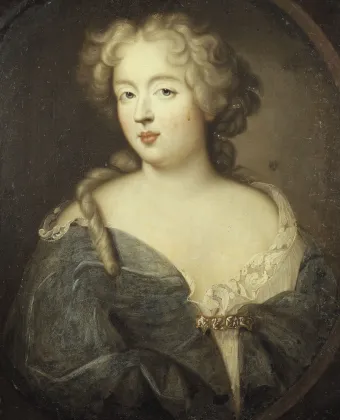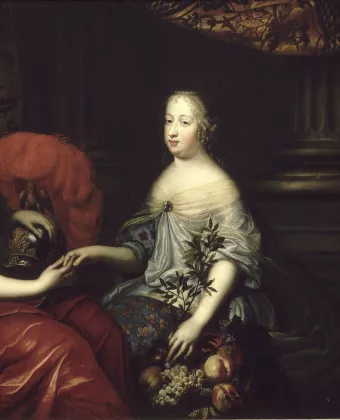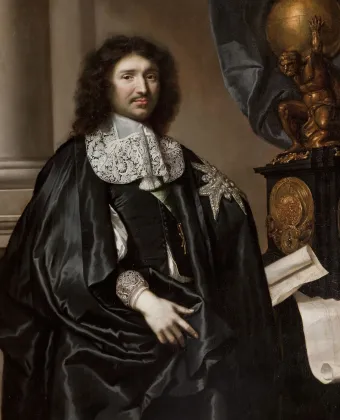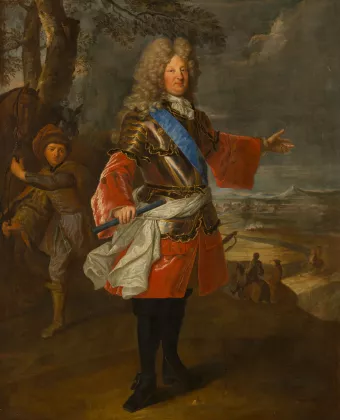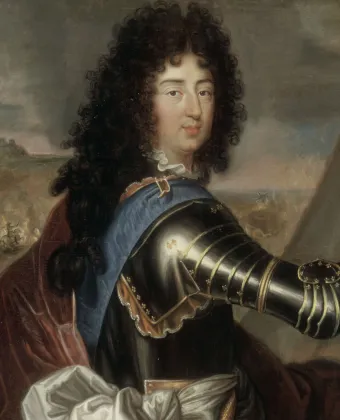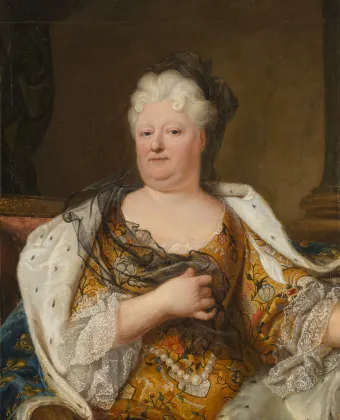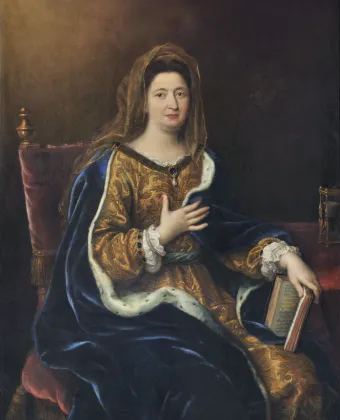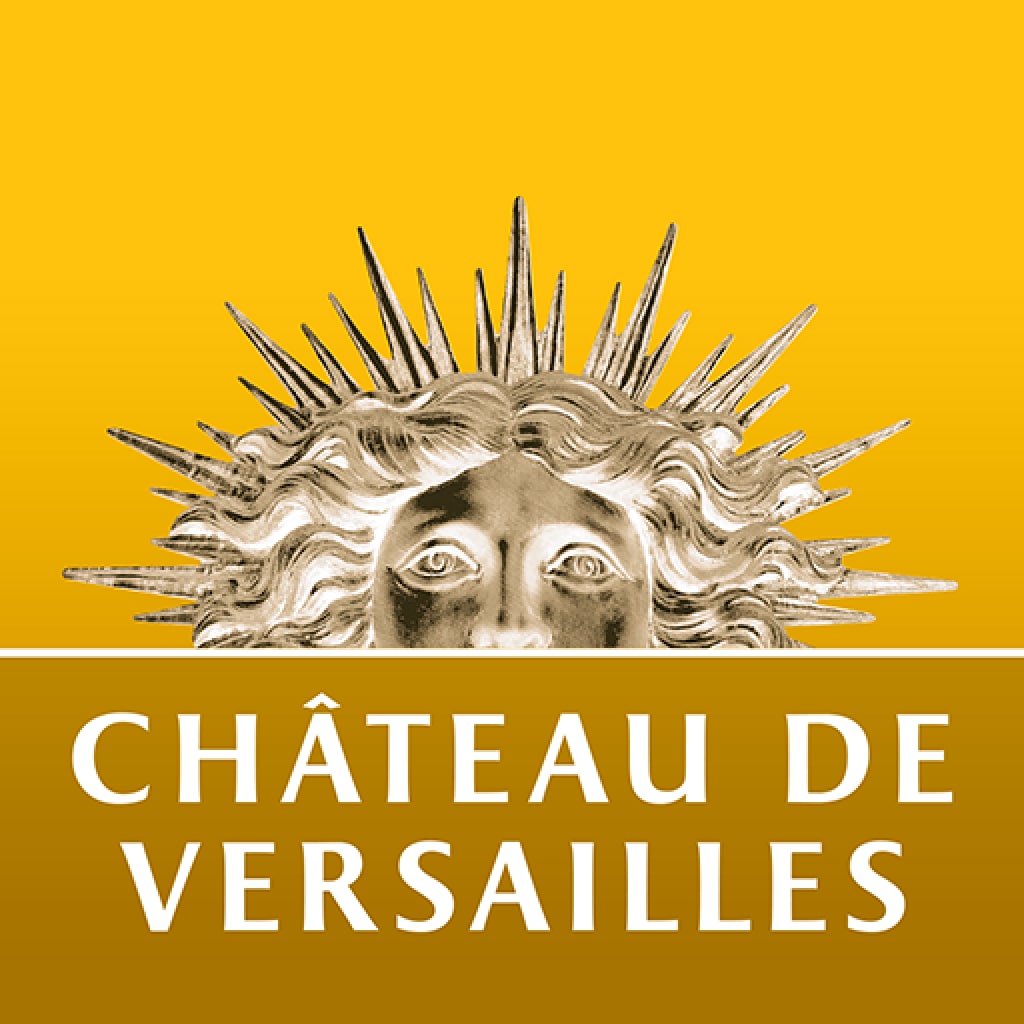The Duc de Guise, on a visit to Florence, discovered the eleven-year-old Lully and brought him back to Paris to help Mademoiselle de Montpensier, “La Grande Mademoiselle”, perfect her Italian. With Lambert, the conductor of Mademoiselle’s violins, Lully began to hone his musical talents.
Anecdote
Despite his Italian origins, Lully was the most ardent defender of French music and the founder of the French operatic tradition.
In 1653 he appeared alongside the young Louis XIV in the Ballet royal de la Nuit. Their friendship, forged on stage, would continue almost undimmed for the rest of his life. A few years later, in 1661, Lully became Master of the King’s Music. From 1664 to 1671 he collaborated with Molière; Lully provided the music for The Forced Marriage, Monsieur de Pourceaugnac and the Bourgeois Gentleman. But in 1672, after the success of the tragi-comedy Psyché, he fell out with Molière and persuaded the king to put him in sole control of dramatic music at court. He became director of the Royal Academy of Music, founded three years previously by Louis XIV. Lully also composed ballets, courtly songs and music for the Royal Chapel. Despite his Italian origins, Lully was the most ardent defender of French music and the founder of the French operatic tradition. His most celebrated works include Alceste, Armide and Atys, the king’s favourite opera. Despite falling somewhat out of grace in the final years of his life, he continued to exert a considerable influence over peers such as François Couperin and Michel-Richard de Lalande. While rehearsing a Te Deum to celebrate the king’s return to health, he injured his foot with the cane he was using to beat time. The wound became infected, and he died on 22 March 1687.



